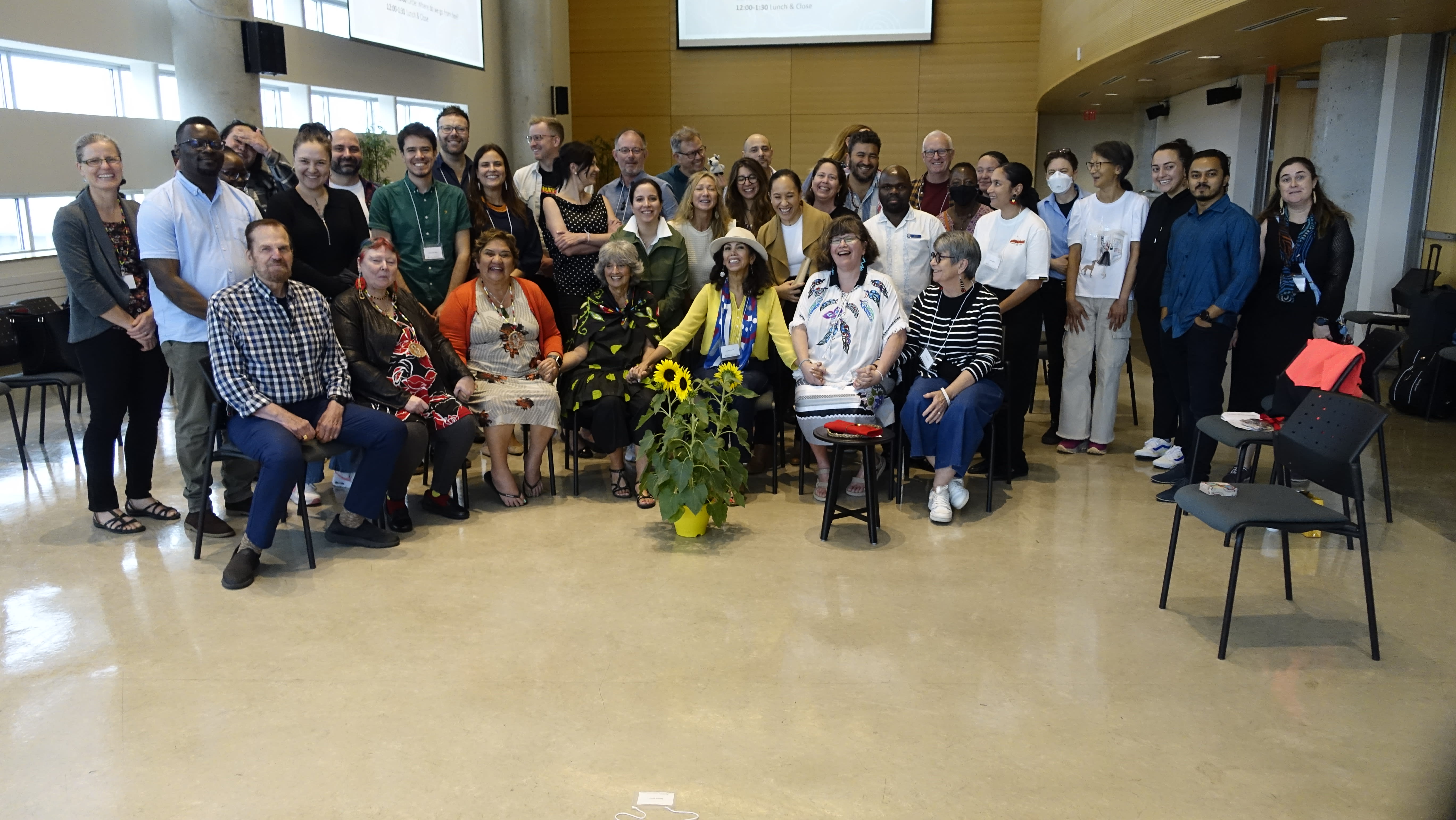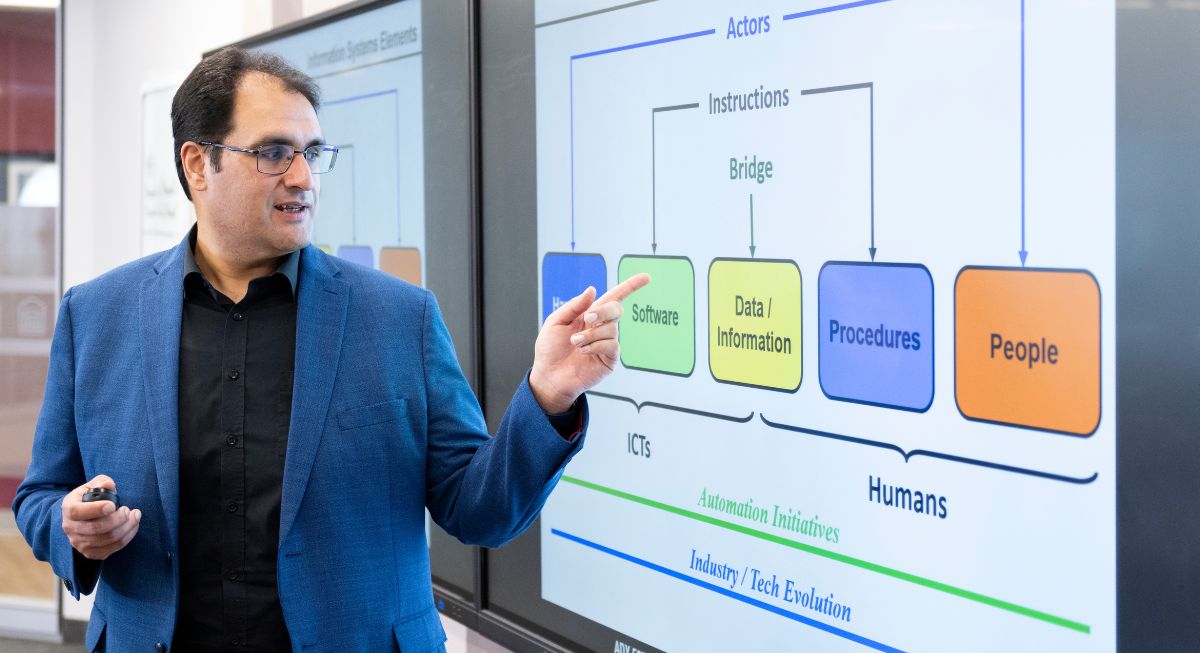We live in a world where many individuals and groups still face stigmatization because of who they are, what they look like, what they do, or where they come from. At the same time, society is desperately looking for ways to hear the voices and learn from the experiences of underrepresented and marginalized groups in order to address social exclusion and promote social change, with the goal of destigmatization. What if one of the ways to eradicate stigmatization was to study entrepreneurship as a driver for social change?
Throughout history, many underrepresented and marginalized entrepreneurs have used entrepreneurship to protect themselves from stigmatization and sanctions without necessarily seeking social change. However, entrepreneurs can also use stigma to generate social change. For example, some entrepreneurs work in death midwifery, accompanying dying people and their loved ones in the transition between life and death, and hope to change the stigma and negative emotions associated with the social experience of dying. Understanding the experiences and practices of these “stigma-entrepreneurs”, who interact with stigma to create social change, could pave the way toward destigmatization.
How embracing stigma in entrepreneurship can lead to social change
Thanks to a Social Sciences and Humanities Research Council Insight Grant, Professor Madeline Toubiana and her team will explore how “stigma-entrepreneurs” are using stigma for social change in three very different and marginalized sectors: the sex industry, death care, and mental health. During this five-year project, the team will conduct interviews with neo-burlesque performers, death midwives, and innovators in the death and mental health industries. They will also observe their interactions with their clients and other more traditional service providers within these sectors, such as strippers, funeral directors, and mental health professionals. This innovative comparative study will provide a better understanding of the interactions and interdependencies across actors and sectors, and will generate new knowledge on the role of stigma and entrepreneurship in social change.
Project title: Stigma for social change? Exploring stigma-exploiting entrepreneurship as a pathway for social change
When asked about why she wanted to do this project “Stigma for social change? Exploring stigma-exploiting entrepreneurship as a pathway for social change”, Professor Toubiana said “Over the last ten years, I have studied what stalls and supports social change—with a specific focus on social change to reduce or eliminate stigma and its impacts. What I began to discover was that entrepreneurship can be a powerful engine for those who have been marginalized and stigmatized in society. I thus became interested in better understanding how entrepreneurship may be a vehicle to eradicate stigma.”
A first step towards destigmatization
Professor Toubiana’s research has the potential to transform our understanding of the pathways to social change, especially destigmatization. This new knowledge will not only shed light on the realities of different marginalized or stigmatized workers, but also will allow entrepreneurs, policymakers, and the public to learn more about how they can contribute to social change by embracing stigma rather than perpetuating it.
By Marie-Eve Girard

Madeline Toubiana holds the Desmarais Chair in Entrepreneurship; she is an expert on social change and innovation. Her research projects examine how emotions, entrepreneurship, innovation, and stigmatization influence social change. Her research highlights the entrepreneurship practices of underrepresented groups, thus promoting more inclusive practices in business management. Her research methods give voice to people traditionally left out of the workspace due to stigma or marginalization. Learn more about Professor Toubiana’s research.











